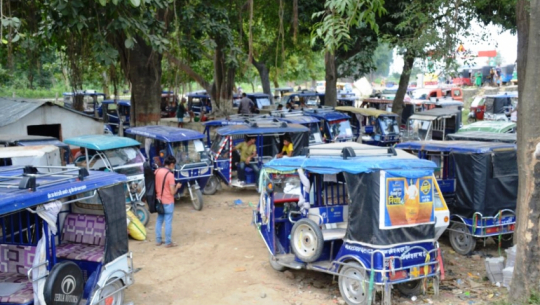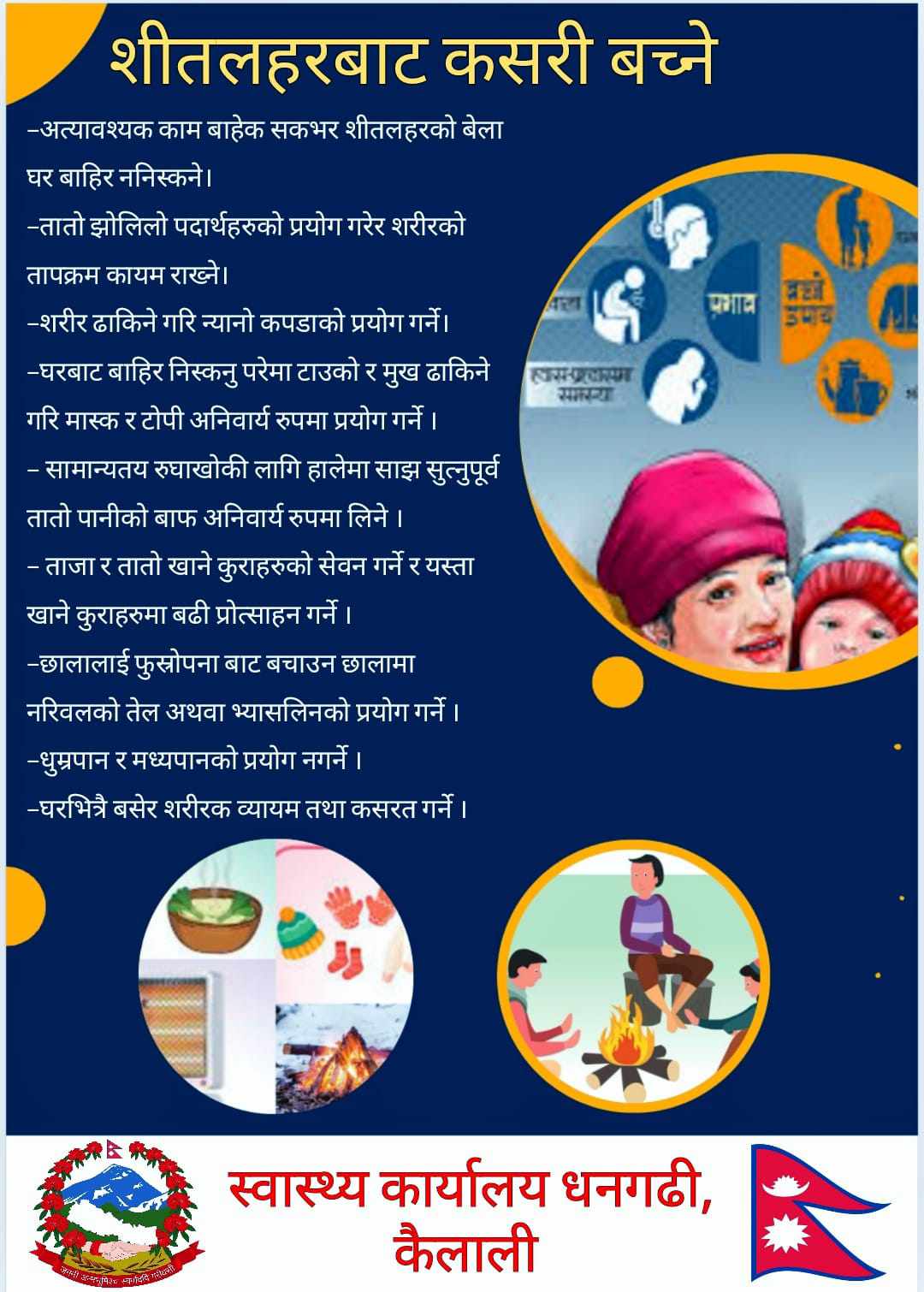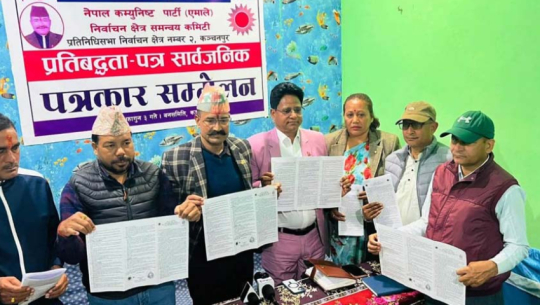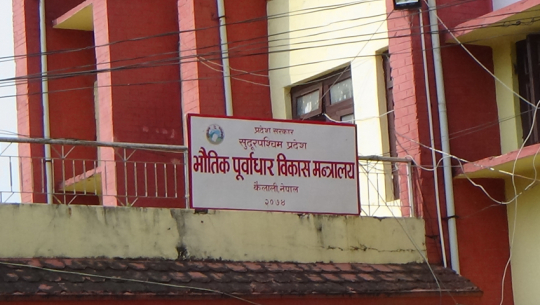E-Rickshaws empower women and transform livelihoods in Dhangadhi

Dhangadhi: Anita Diktel of Dhangadhi Municipality-9 begins her day with household chores before heading out to drive her electric rickshaw, a vehicle that has become central to her daily life and livelihood.
Navigating through market alleys, Attariya, Gulariya, and Campus Road, Anita has spent the past six years driving her e-rickshaw from late morning until evening. She earns at least a thousand rupees daily, thanks to the low operating costs of electric vehicles. “It doesn’t need fuel, and charging it with electricity is cheap. Only maintenance costs a bit. Whatever you earn, you can save,” she said.
Initially operating a rented rickshaw, Anita later purchased her own vehicle. Her success encouraged her husband to leave his driving job in India and join the same profession at home. After working in various Indian cities for 12 years with difficulty managing household expenses, he now earns alongside Anita. “Now, with both our incomes, we can manage our household expenses and educate our two children,” she shared. “Being in the same profession has made things easier.”
Anita noted that women drivers attract more passengers than their male counterparts and emphasized how the job has boosted her confidence. “Earning at least a thousand rupees a day is better than staying idle,” she said.
Inspired by Anita’s journey, many women in Dhangadhi have begun driving e-rickshaws, gaining financial independence and establishing their presence in a male-dominated field. Bhavana Diktel, another local driver, said the profession has brought pride and dignity to her life. “I no longer have to ask anyone for money. No one can give me as much as I can earn on my own,” she said. Bhavana highlighted that the work is manageable alongside household responsibilities and has helped build her confidence. “Some of us didn’t even know how to ride a bicycle, and now we’re confidently driving rickshaws on the road.”
Electric rickshaws have grown increasingly popular across the Terai’s urban and semi-urban areas in recent years. Battery-powered, eco-friendly, and cost-effective, these vehicles offer accessible transportation and new income sources for drivers.
The Renewable Energy and Energy Efficiency Program—Recovery and Empowerment through Sustainable Energy in Nepal (REP-Green)—under the Sustainable Energy Challenge Fund has been instrumental in this transformation. It has provided loans and driving training, encouraging more women to enter the profession and breaking gender stereotypes around driving.
According to Jeevan Bahadur Bam, manager of the cooperative’s Dhangadhi branch, training programs held in January and April in Dhangadhi focused on promoting clean energy technology. “We started with four-day training sessions and later expanded to seven days. So far, we’ve trained 56 women to drive e-rickshaws and provided loans to 120 individuals for rickshaw purchases,” he said. Many trainees have already obtained their driving licenses and purchased their own vehicles.
In addition to e-rickshaws, the cooperative promotes solar water pumps and biogas as part of its renewable loan program, supported by the German Federal Ministry for Economic Cooperation and Development (BMZ), the European Union, and Nepal’s Ministry of Energy, Water Resources and Irrigation.













